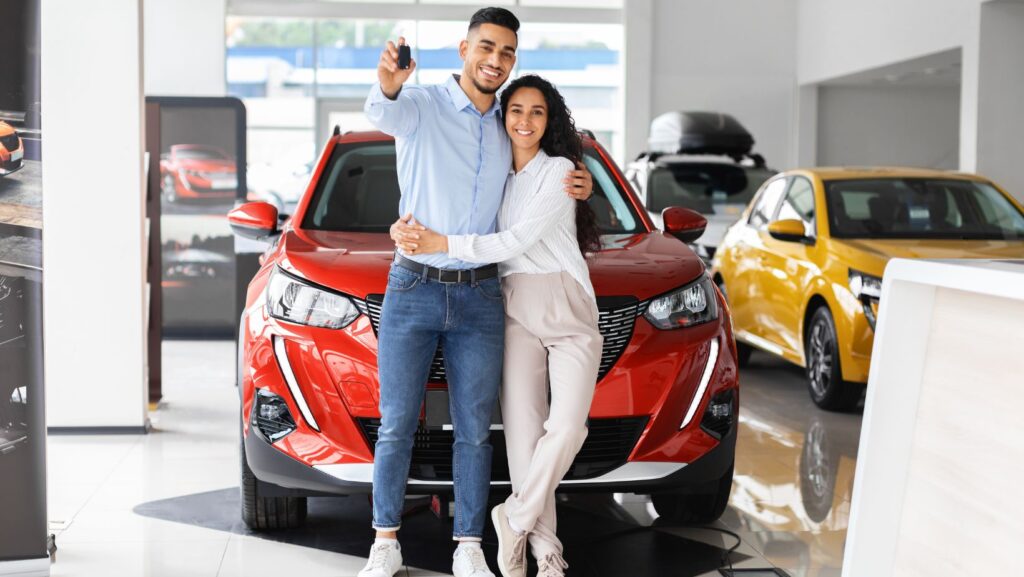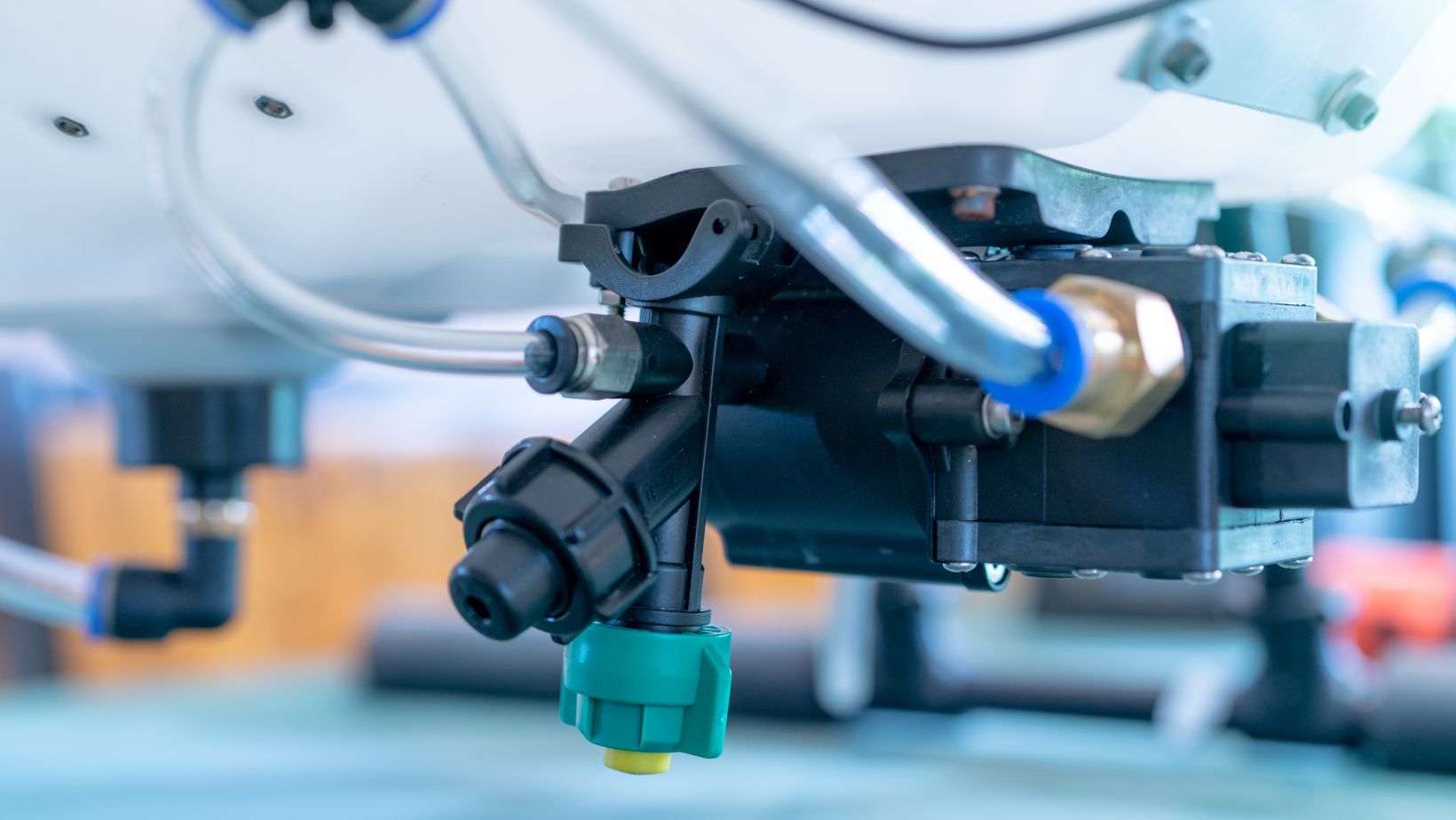
 For many, the prospect of owning a vehicle, whether it’s a used BMW X2 or a new Tesla SUV, is very exciting. However, before you can find the perfect vehicle, you’ll want to decide between used and new cars. This guide looks into the pros and cons of each to help you navigate the murky waters of car-buying decisions.
For many, the prospect of owning a vehicle, whether it’s a used BMW X2 or a new Tesla SUV, is very exciting. However, before you can find the perfect vehicle, you’ll want to decide between used and new cars. This guide looks into the pros and cons of each to help you navigate the murky waters of car-buying decisions.
What Are the Advantages of Purchasing a Used Car?
Exploring the advantages of buying a used car could be your ticket to affordable and practical transportation. From cost savings to slower depreciation rates, used cars offer a budget-friendly way to confidently hit the road.
Affordability
One of the primary reasons many opt for a used car is its affordability. Buying a used car can save you a lot of money compared to buying a new one. With some research and diligence, finding a reliable used vehicle that fits your budget is within reach.
Depreciation
New cars depreciate rapidly as soon as you drive them off the lot. With a used car, however, the previous owner bears the brunt of that initial devaluation. If you decide to sell your used car later on, you’re less likely to experience the steep drop in value that new car owners typically face.
Lower Insurance Costs
Used cars often have lower insurance costs than new ones. Because used cars have already undergone the steepest part of their depreciation curve, insurance companies may offer more favorable rates, resulting in potentially significant savings over time.
What Are the Benefits of Purchasing a New Car?
From the latest technological advancements and customization options to the peace of mind that comes with driving a pristine vehicle, buying new offers a fresh start with all the bells and whistles.

Discover why investing in a new car might be the right choice for you.
Latest Features and Technology
One undeniable advantage of buying a new car is the access to cutting-edge features and technology. From advanced safety systems to state-of-the-art entertainment options, new cars offer a level of sophistication that can be hard to match in older models. Additionally, new cars typically come with warranties that provide assurance and protection.
Customization
Buying a new car gives you the unique opportunity to customize it exactly to your liking. Whether it’s choosing the exterior color, interior features, or optional add-ons, the ability to personalize your vehicle to suit your preferences can be a thrilling experience.
Peace of Mind
New cars come with the reassurance of being in pristine condition with minimal wear and tear. This creates the potential for lower maintenance and repair costs in the early years of ownership. Additionally, new cars often come with warranties that can provide a sense of security.
What Are the Drawbacks of Purchasing a Used Car?
While buying a used car can be cost-effective, potential drawbacks lurk beneath the surface. Understanding these drawbacks is crucial for making an informed decision.
Higher Maintenance Costs
One of the key drawbacks of purchasing a used car lies in the potentially higher maintenance costs associated with older vehicles. Cars may require more frequent repairs and replacements of worn-out parts as they age, leading to increased maintenance expenses. It’s essential to consider these ongoing costs when considering a used car to ensure it fits your budget.
Limited Warranty
Unlike new cars, used cars often come without the coverage of a comprehensive manufacturer’s warranty. If unexpected issues arise after purchasing a used car, you may have to bear the full cost of repairs out of pocket.

While some used cars may still have parts of their original warranty, the lack of a complete warranty can leave you vulnerable.
What Are the Downsides of Purchasing a New Car?
As tempting as a new car purchase may be, navigating the potential downsides is essential for informed decision-making. Look into the realities of owning a brand-new vehicle to weigh the pros and cons effectively.
Immediate Depreciation
One significant downside of buying a new car is the rapid depreciation that occurs when you drive it off the dealership lot. New cars lose a significant portion of their value within the first few years of ownership. While this depreciation trend eventually levels off, it can still impact your vehicle’s resale value in the long run.
Higher Upfront Costs
New cars typically come with higher upfront costs compared to their used counterparts. Buying a new car can be a substantial financial commitment from the initial purchase price to taxes, registration fees, and other associated expenses.
Making the Right Decision for Your Next Ride
The decision between buying a used car or a new car is a carefully balanced choice that hinges on personal preferences, financial considerations, and lifestyle needs. Each option has its own advantages and drawbacks, offering unique benefits and challenges to prospective buyers.
Ultimately, the ideal choice between a used car and a new one depends on your priorities and circumstances. So, rev up your engines and embark on the exciting car ownership adventure!









